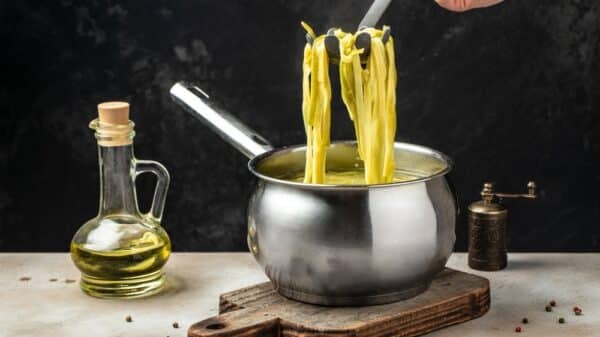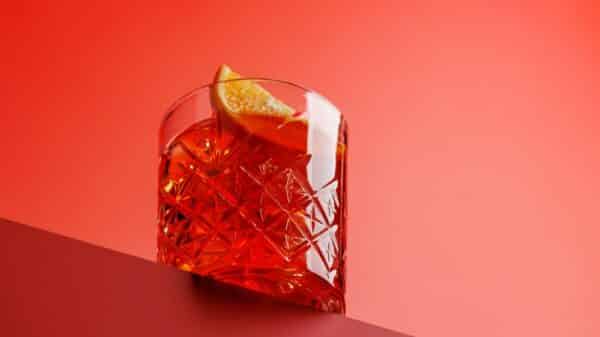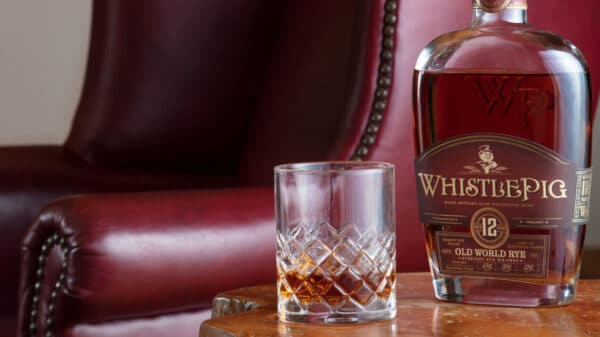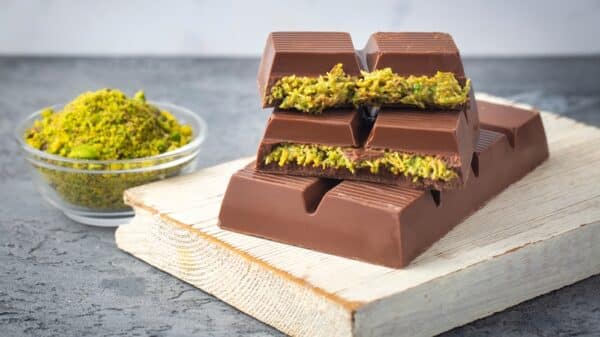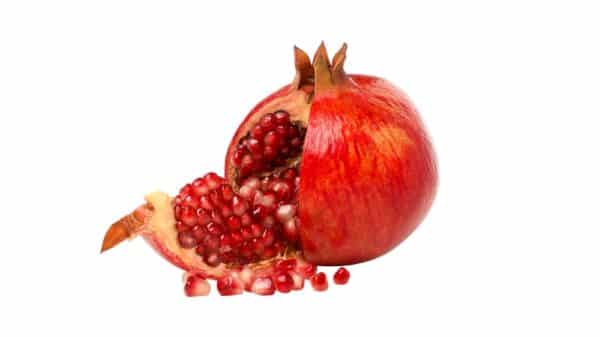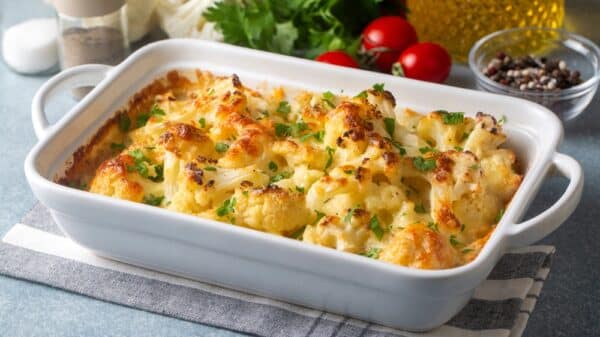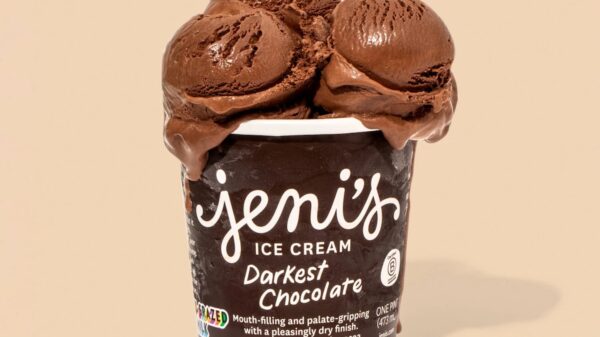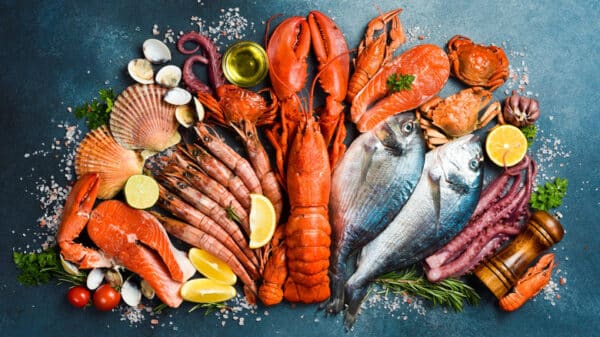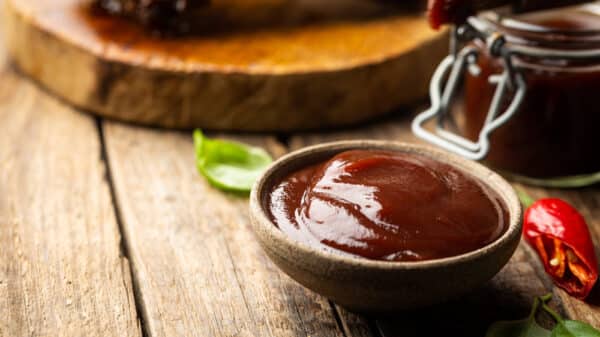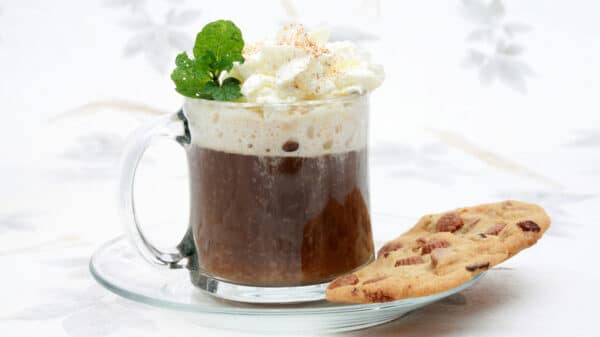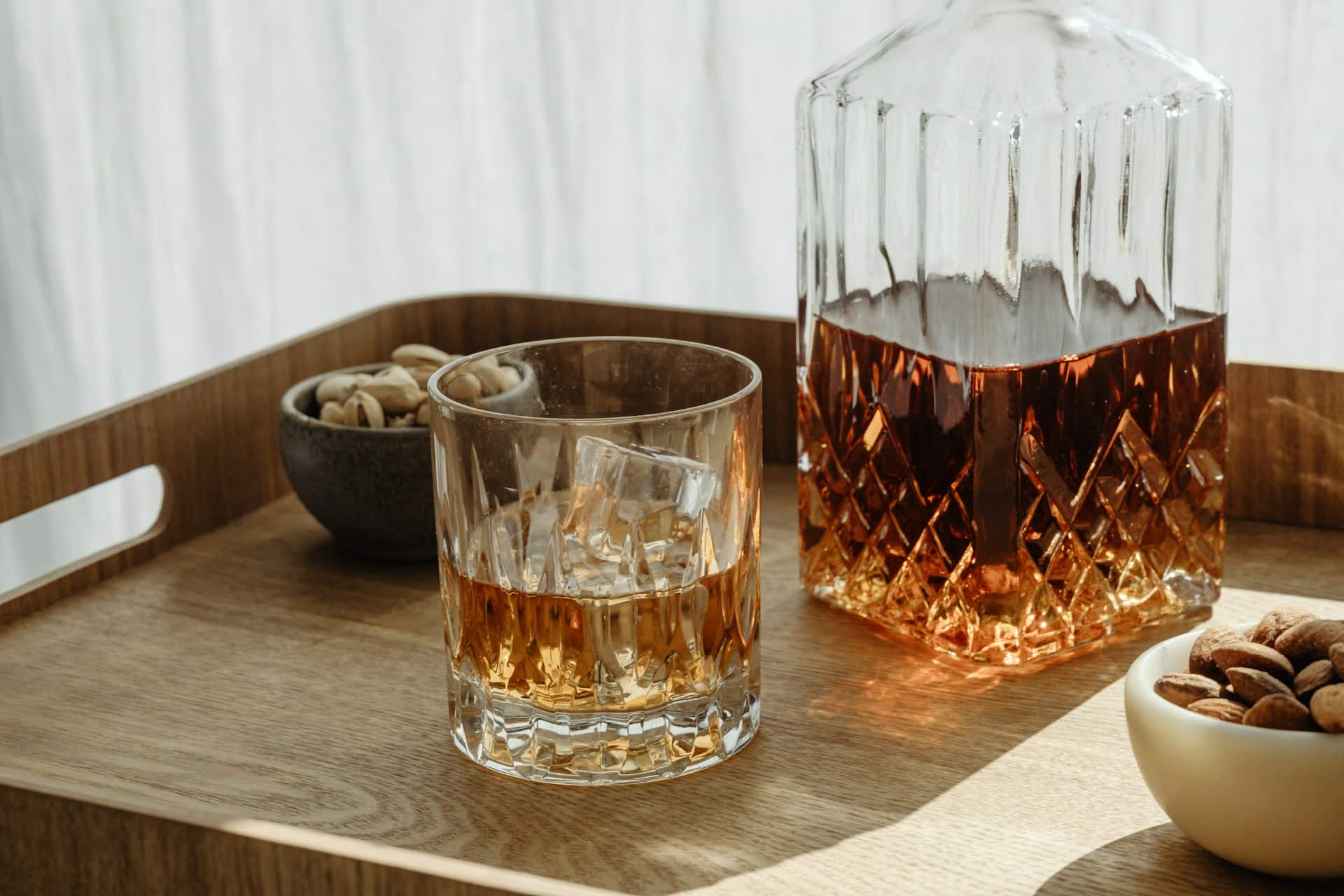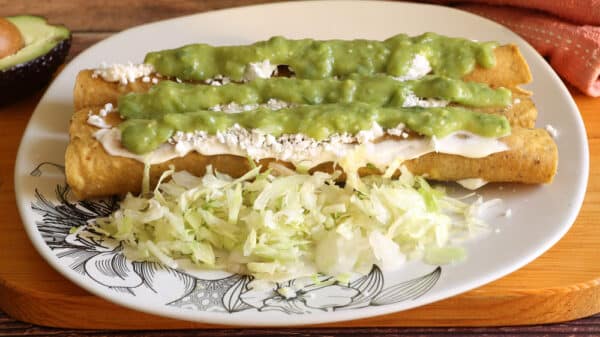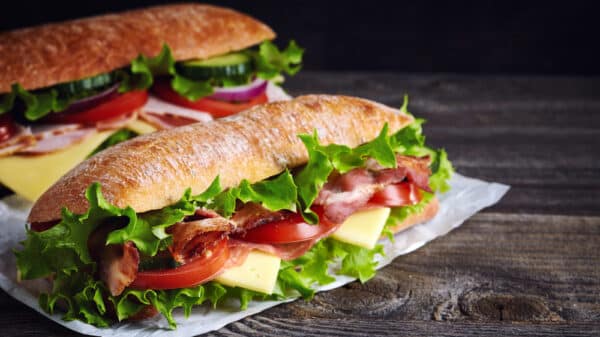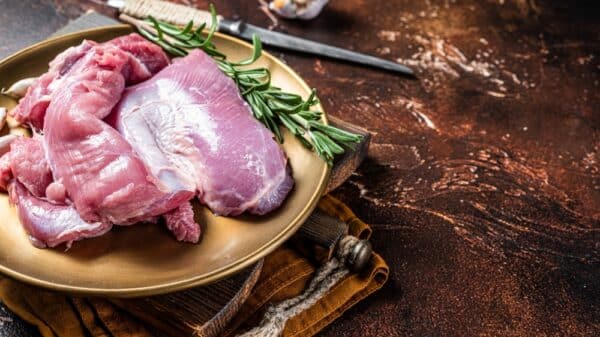The world of spirits is vast and intriguing, filled with flavors, aromas, and cultural nuances. When you think about enjoying a refreshing drink, a little chill can elevate your experience. But should you toss your favorite bottles in the freezer? You might want to think twice. Freezing can do more harm than good to your beloved beverages, depending on what you’re pouring.
The Hidden Risks of Freezing Alcohol
Both beer and wine are primarily composed of water, which freezes faster than alcohol. When you pop a bottle of beer or wine in the freezer, the water can separate from the alcohol, resulting in a loss of flavor that can leave you wanting. Moreover, if you’re enjoying a sparkling wine, you might face another risk: the potential for your bottle to explode from pressure if it freezes, turning your celebratory moment into a cleaning nightmare!
But it’s not just beer and wine you should be wary of. Many spirits also fall under the “do not freeze” category. To clarify the hazards and identify which spirits to keep away from the icebox, we consulted seasoned professionals from the beverage industry. Here’s what we discovered.
Alcohol That Shouldn’t Go into the Freezer
Gin
When it comes to gin, colder temperatures can dull its delicate aromas and flavors. Gina Broyles, the general and bar manager of Kwei Fei in Charleston, South Carolina, highlights that the citrus and floral notes that make gin shine can get lost in the cold. Instead of reaching for the freezer, she recommends storing gin at room temperature or in the refrigerator to maintain its vibrant profile. Similarly, Ricky Dolinsky, Beverage Director at The View in New York City, advises against freezing delicate gins, as it can mute their intricate botanical notes.
Tequila
Tequila, with its bright, citrusy notes, also loses its personality when subjected to extreme cold. “Much like gin, tequila’s best qualities can be overshadowed by the freezer,” Broyles explains. While these spirits have high alcohol content that prevents them from freezing solid, the flavors you love might get lost in the chill.
Brown Spirits—Cognac, Rum, and Whiskey
Beverage Director Jarred Roth at Il Buco Family emphasizes that brown spirits should definitely stay out of the freezer. Freezing can cause a cloudiness that detracts from their rich profiles. He suggests that while lower-quality spirits might hold up okay, high-end liquors are best stored in a way that preserves their subtle flavors. Alcohol alters in unexpected ways when it’s subjected to the cold, taking away the tasting notes that often make a spirit special.
Alcohol That Can Withstand the Cold
Now, there are some spirits that can actually benefit from a chilly touch, particularly in terms of texture. “Freezing can create a smoother feel on the palate, especially for lower-quality liquors,” Roth explains. However, while it may mask some of the harsh edges, it could also dull the flavors you’d want to savor.
Vodka
Vodka is perhaps the most forgiving spirit when it comes to the freezer. Its neutral flavor profile means that chilling it can produce a pleasingly smooth experience. That said, be aware that too much cold could overwhelm any subtle notes it might possess, potentially robbing you of its complexity.
Some Batched Cocktails
Batched cocktails, specifically those that are spirit-forward, like a Martini, can benefit from a quick chill in the freezer before serving. Roth suggests that this allows for an ice-cold delivery without over-dilution when stirring. Wet Martinis and Manhattans maintain their integrity well in the freezer, but be cautious with cocktails that contain syrups, like an Old Fashioned; the ingredients may separate in the cold.
While we often think of chilling drinks as a way to enhance our enjoyment, freezing isn’t always the answer. The good news is, keeping your spirits at a cooler temperature doesn’t have to mean resorting to the freezer. Judicious use of a refrigerator or wine chiller is a great alternative for serving spirits cold without sacrificing their rich flavors. If you want to keep things exciting and avoid dilution, consider using chilled glasses or large-format ice cubes that melt slowly. That way, you can sip your drink just the way it was meant to be enjoyed: flavorful and refreshing.
Image Source: Unsplash

